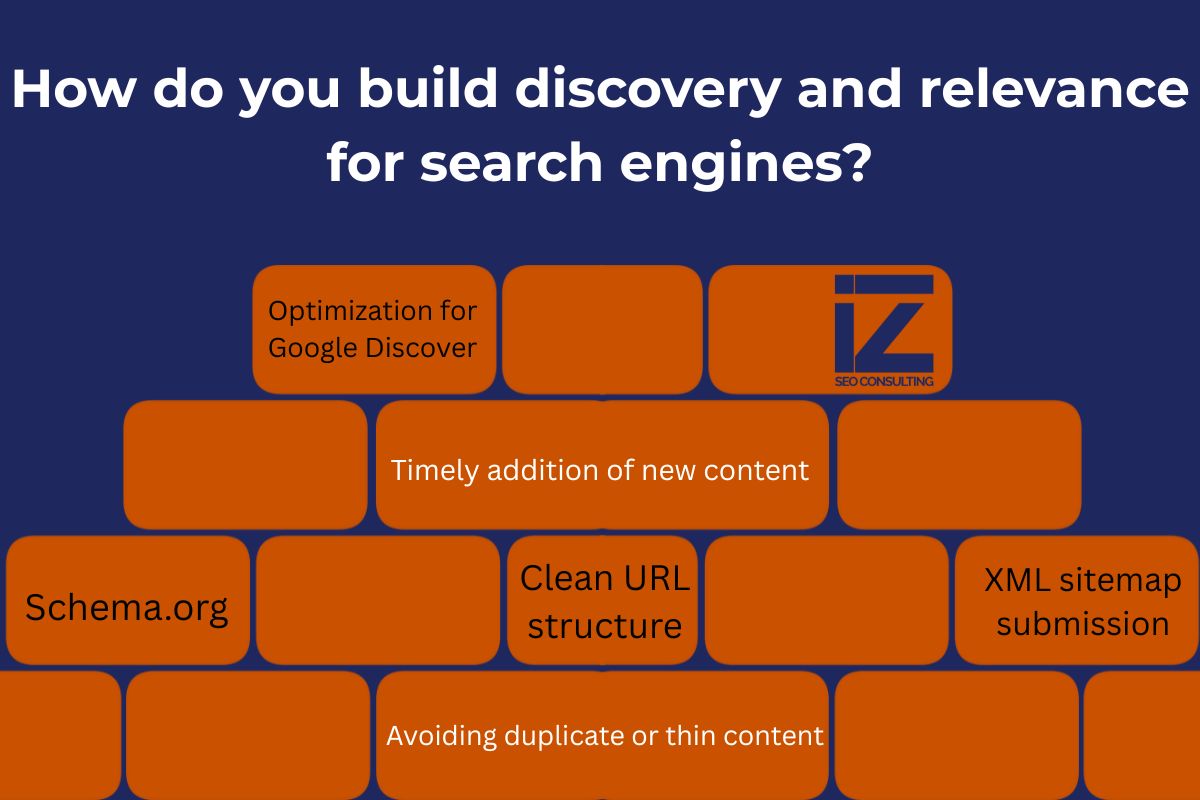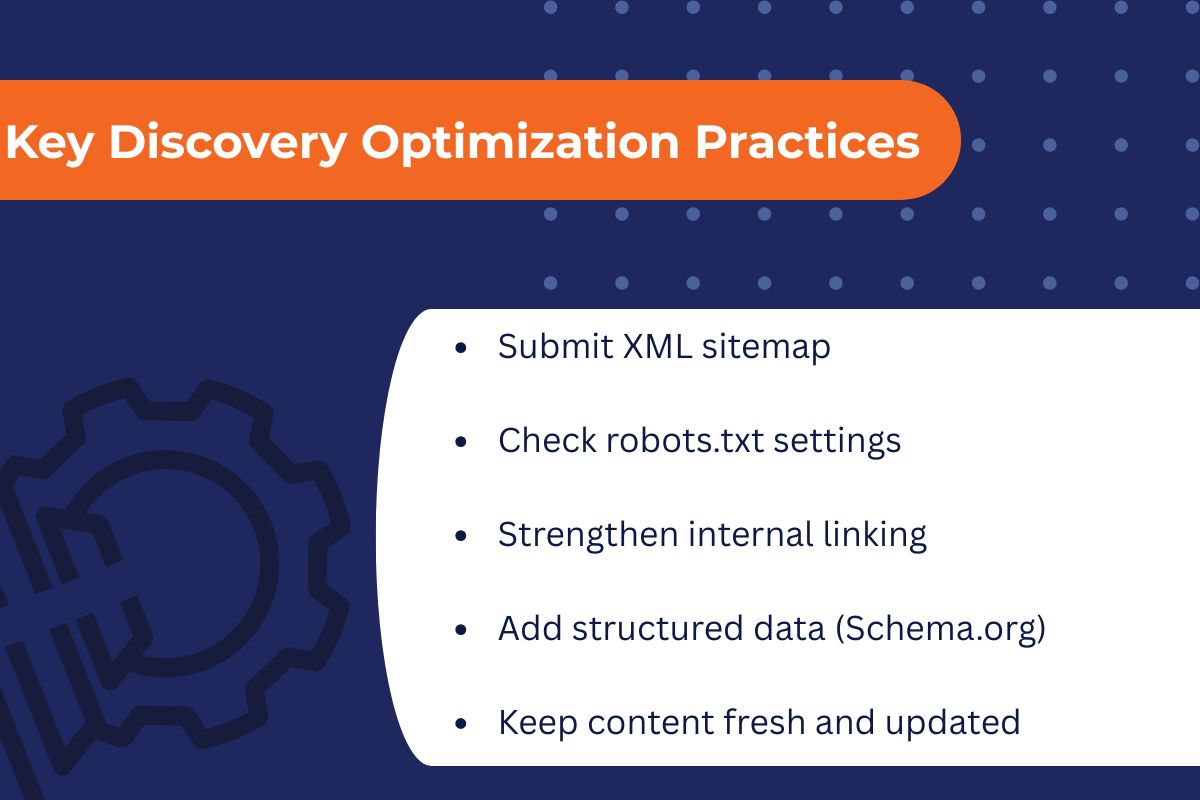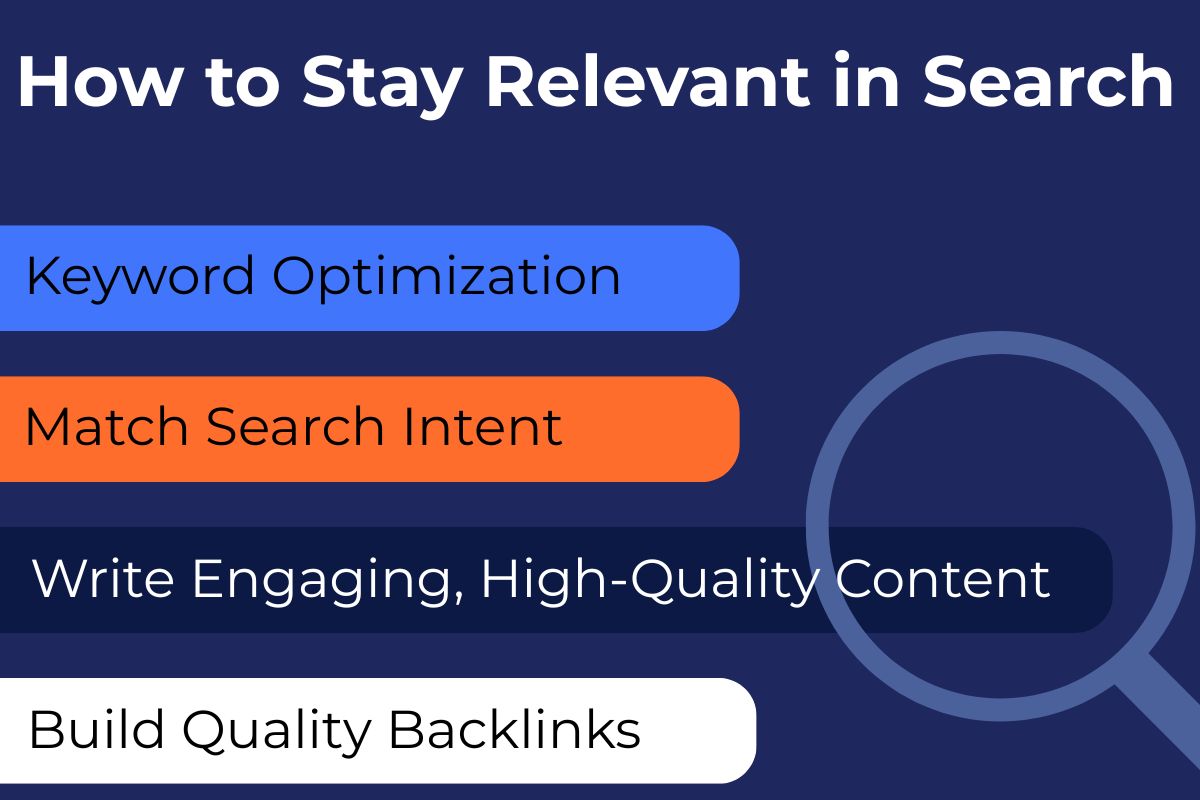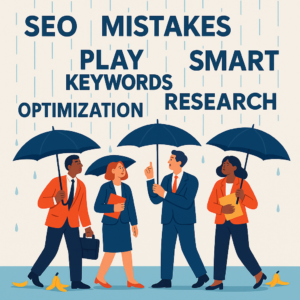Visibility is no longer just about keywords and backlinks—it’s about being the best answer across all platforms, from Google’s Discover feed to AI tools like ChatGPT. That’s where Answer Engine Optimization (AEO) comes in.
Search engines—and now, answer engines—prioritize content that both answers questions and aligns with user intent. If your site can’t be found or doesn’t deliver what users need, it won’t matter how well-designed it is. So, how do you build discovery and relevance for search engines? This guide breaks it all down in simple terms.

What Is a Discovery Search Engine and Why Does It Matter?
A discovery search engine surfaces content users didn’t explicitly search for, using context, behavior, and AI to recommend useful results.
These engines don’t rely only on typed queries. They anticipate needs, helping users discover content based on interests and behavior. That’s why discovery is now a major channel for content exposure.
Examples include:
- Google Discover: Recommends articles based on your activity.
- Yandex Zen: Uses AI to tailor content feeds to browsing patterns.
- Pinterest: Suggests visual content by analyzing engagement.
- Spotify: Surfaces music using listening context and habits.
- Amazon: Recommends products based on past interactions.
- DuckDuckGo: Offers neutral discovery without personalization.
These platforms work like engines that surface value, not just results.
How Do You Optimize for Discovery Engine Web Search?
To appear in a discovery engine web search, your site needs to be well-structured, accessible, and consistently updated. Here’s how to make sure your content gets found.
Start with structure. Discovery starts when search engine bots (called crawlers) find and index your content. If they can’t navigate your site, your content might stay invisible.

Key Discovery Optimization Practices:
- Submit an XML sitemap to Google and Bing.
- Ensure your robots.txt doesn’t block important content.
- Use strong internal linking to guide crawlers to deeper pages.
- Apply structured data (Schema.org) to help engines understand context.
- Keep content fresh with regular updates or new pages.
All of this makes it easier for bots to crawl, index, and serve your pages when users aren’t searching by name.
How Do Search Engines Measure Relevance Today?
Search engines determine how relevant your content is by analyzing several key signals. These factors influence your search engine relevance score, a metric that affects where your page appears in results.
Key Relevance Factors:
- Keywords: Including the right ones naturally in your content.
- Search intent alignment: Does your page deliver what users expect?
- Content quality: Is it accurate, useful, and well-organized?
- Engagement: Do users spend time on the page or bounce quickly?
- Backlinks: Are other reputable sites linking to you?
So when asking, “What does a search engine use to identify relevant URLs?”, the answer is: keywords, structure, authority, and engagement.
What Factors Influence Discovery the Most?
A well-structured website is the base of good discovery. Without it, search engines can’t index your content effectively.
Key Technical and Strategic Factors:
- Website Architecture
- Use logical, easy-to-follow navigation.
- Ensure all valuable content is reachable from your homepage.
- Internal Linking
- Link related content to build contextual connections.
- Helps crawlers understand relationships between topics.
- Fresh Content
- Update outdated posts.
- Add new blog entries or landing pages regularly.
- Mobile Optimization
- Make sure your site is fast and responsive on mobile.
- Google uses mobile-first indexing by default.
- Page Speed
- Improve load times to help with both discovery and user retention.
How Do You Improve Relevance for Search Engines?
Relevance ensures that your content is what users are looking for. It helps your site not only get found but also rank well once discovered.
Let’s explore how to boost your site’s relevance.
1. Keyword Optimization
Choose the right keywords. Use long-tail and semantically related keywords to match real user searches. Your goal is to answer what users are actually trying to find.
2. Match Search Intent
Align your content format with the search type:
- Informational: Blog post or guide
- Navigational: Landing page
- Transactional: Product or service page
3. Write Engaging, High-Quality Content
- Use clear headings and short paragraphs
- Include images or videos to increase time on page
- Structure content to directly answer questions
4. Build Quality Backlinks
Search engines view backlinks as endorsements. Focus on natural, editorial links from credible sources. Avoid link farms and paid schemes.

FAQs About Discovery and Relevance for Search Engines
What is a relevance score in SEO?
It’s a score used by search engines to decide how well your content matches a specific query. The higher the score, the better your chances of ranking.
Which is the best search engine for relevance?
Google is still the leader thanks to its AI and user intent capabilities. Bing also emphasizes quality and user experience.
How does structured data improve discovery?
Structured data helps search engines understand the context and type of your content, making it easier to include in rich results and discovery feeds.
Can social signals impact search engine discovery?
While not direct ranking factors, strong social engagement can increase visibility, generate backlinks, and prompt search engines to crawl your content more frequently.
Why does bounce rate affect perceived relevance?
A high bounce rate may indicate that your content isn’t satisfying user intent, which can lower your relevance score and hurt rankings over time.
Before you go!
Building discovery and relevance for search engines is critical if you want to succeed in the digital space. Without discovery, your content stays invisible. Without relevance, it doesn’t rank. Today, search engine rankings are based on relevance and webpage quality more than ever.
If you’re ready to make your content smarter, more visible, and future-proof, it’s time to grow your brand with SEO. With the right strategy, your content won’t just show up—it will stand out.
Looking for deeper expertise? Indexed Zone SEO stays ahead of every trend in SEO and AEO—helping brands position their content where it matters most: in front of the right audience at the right time.



